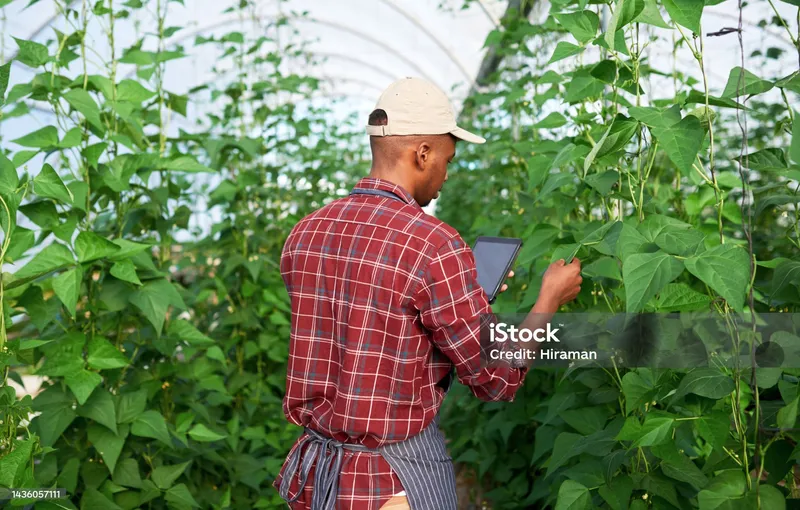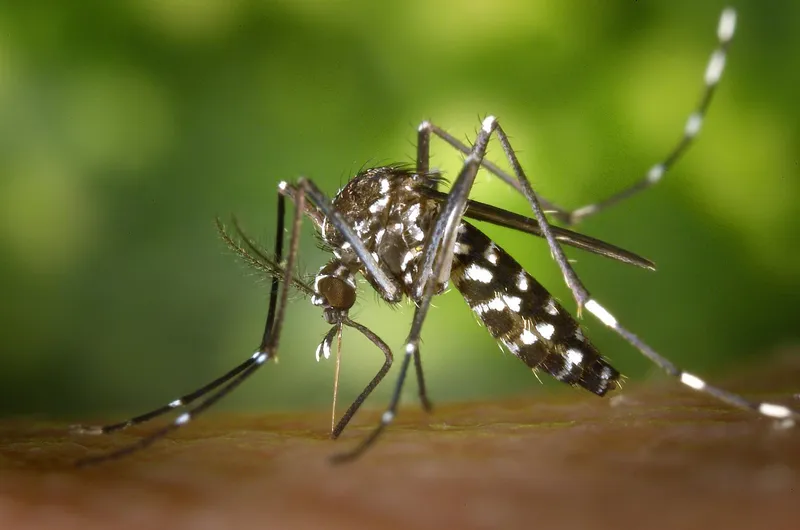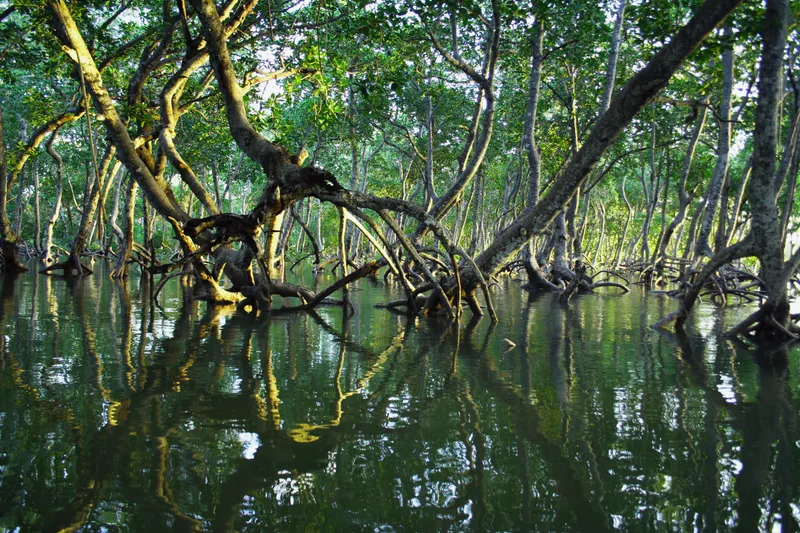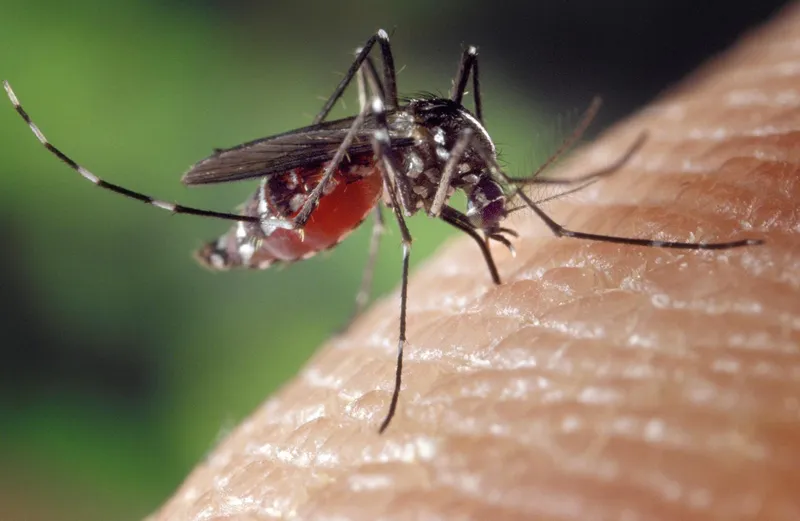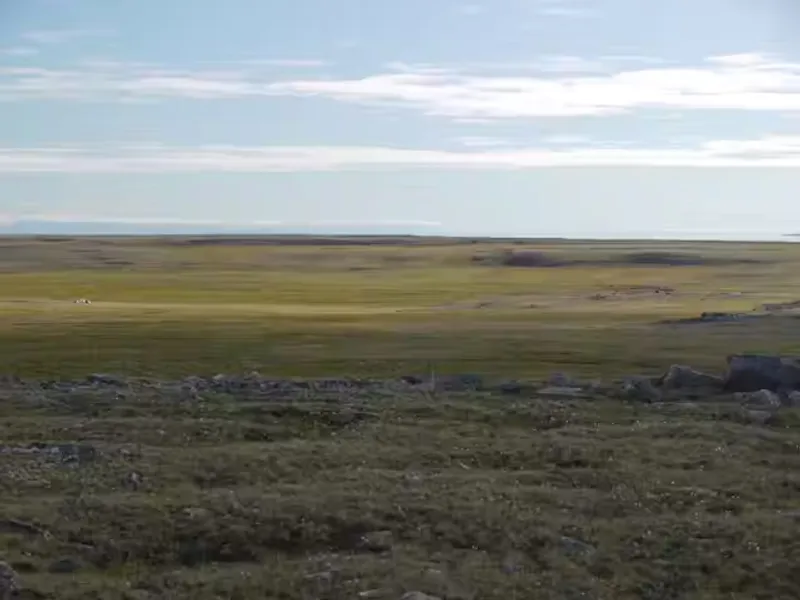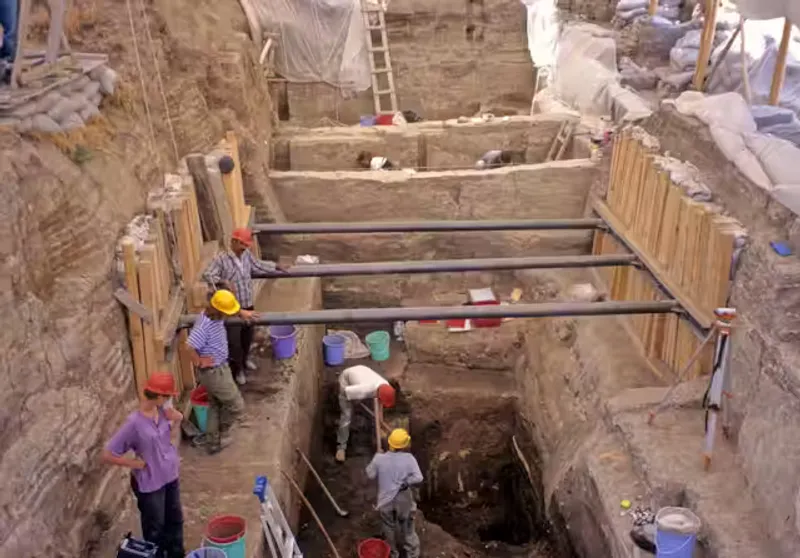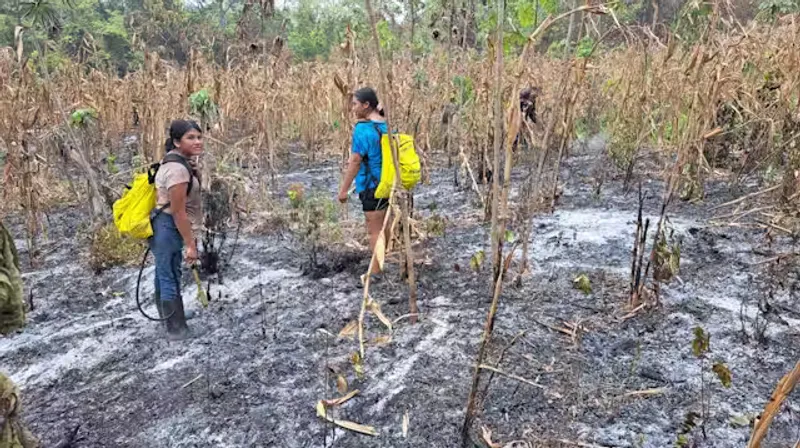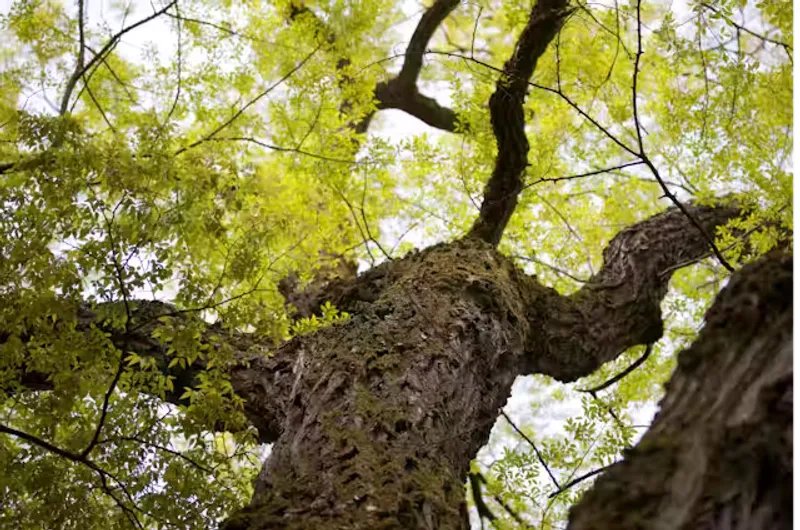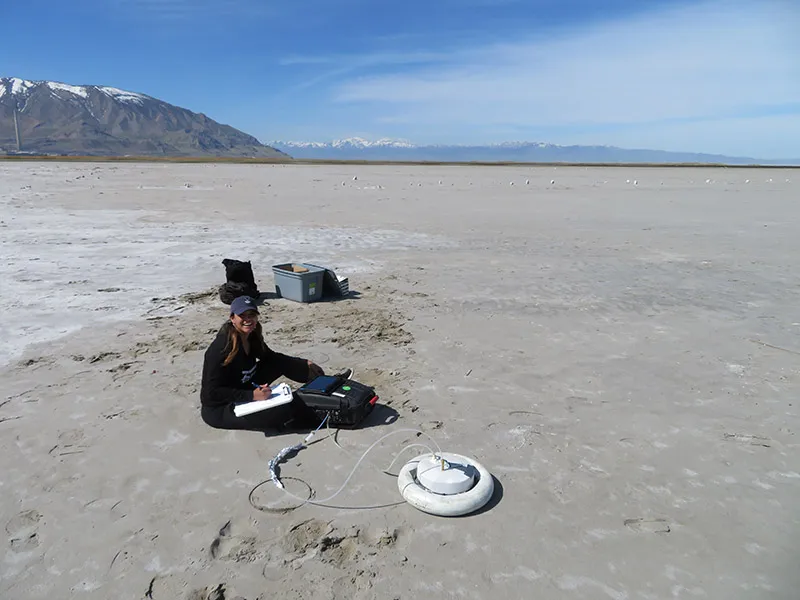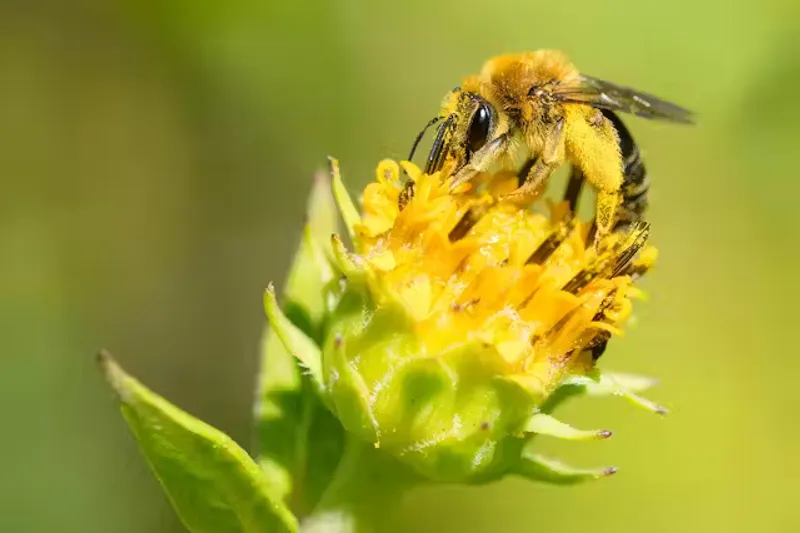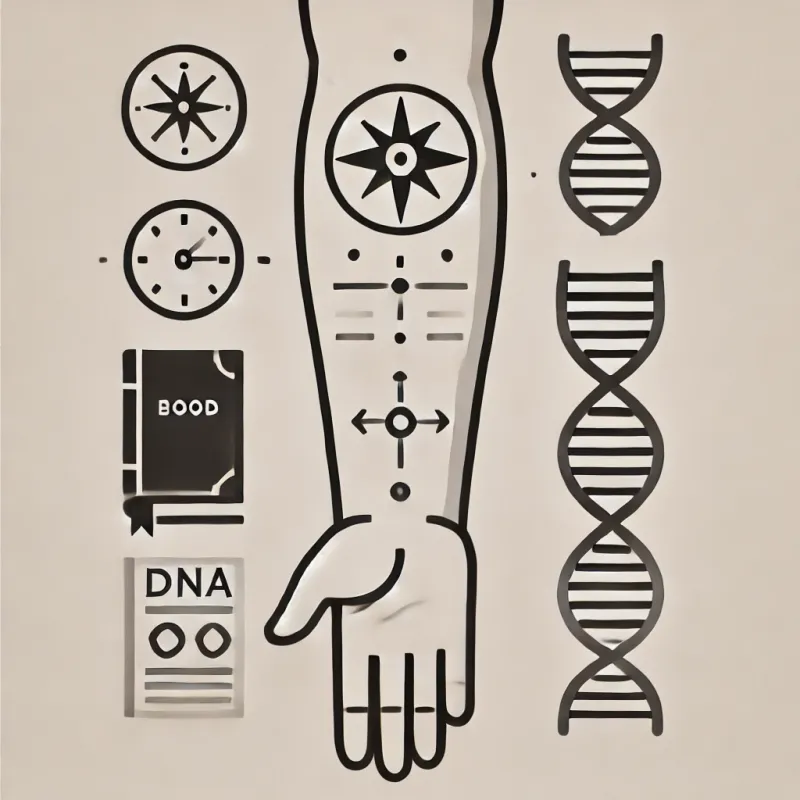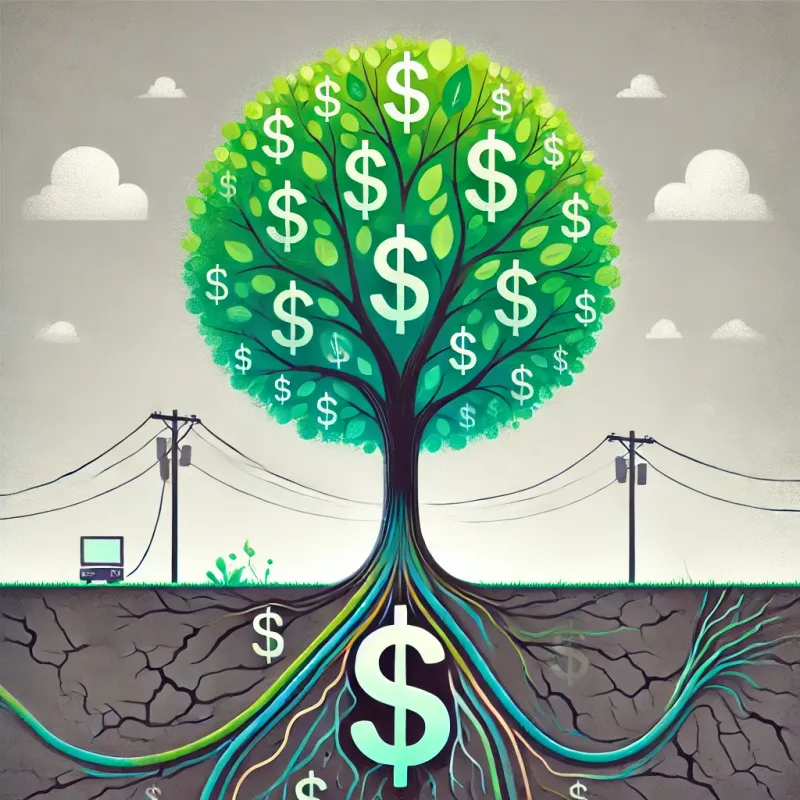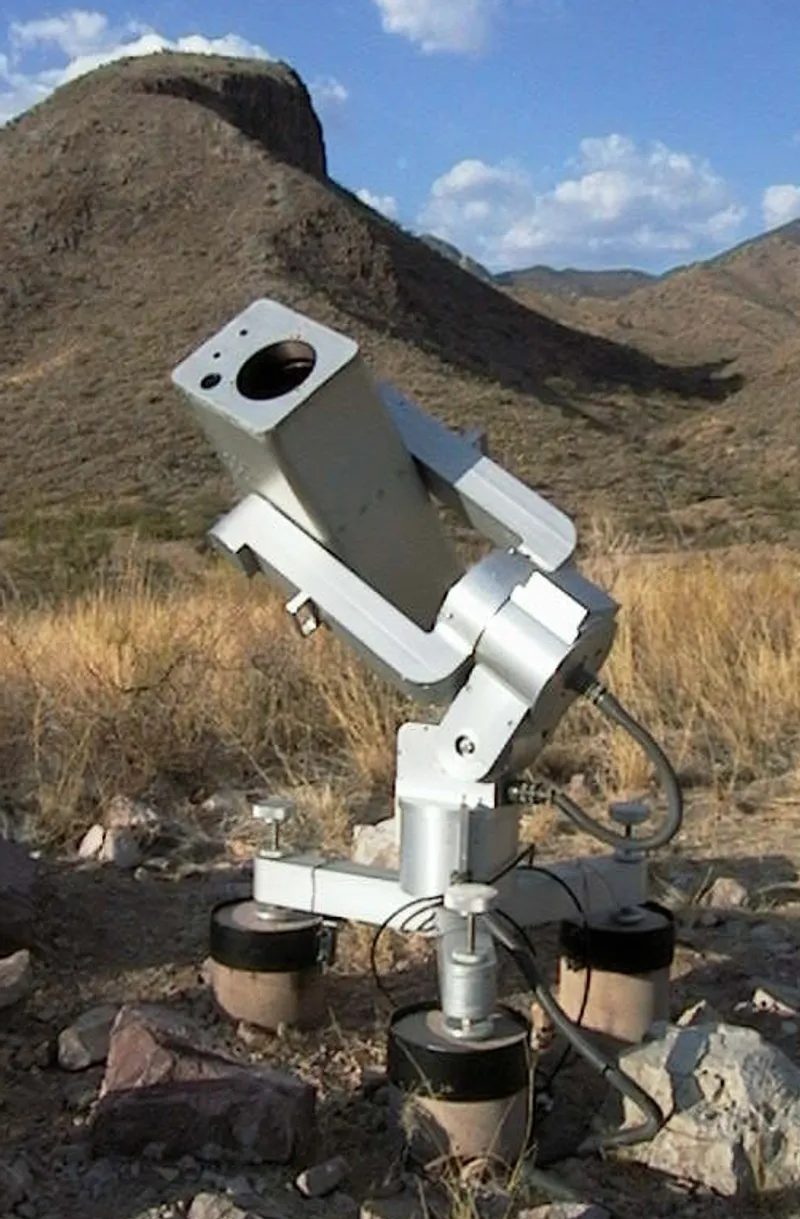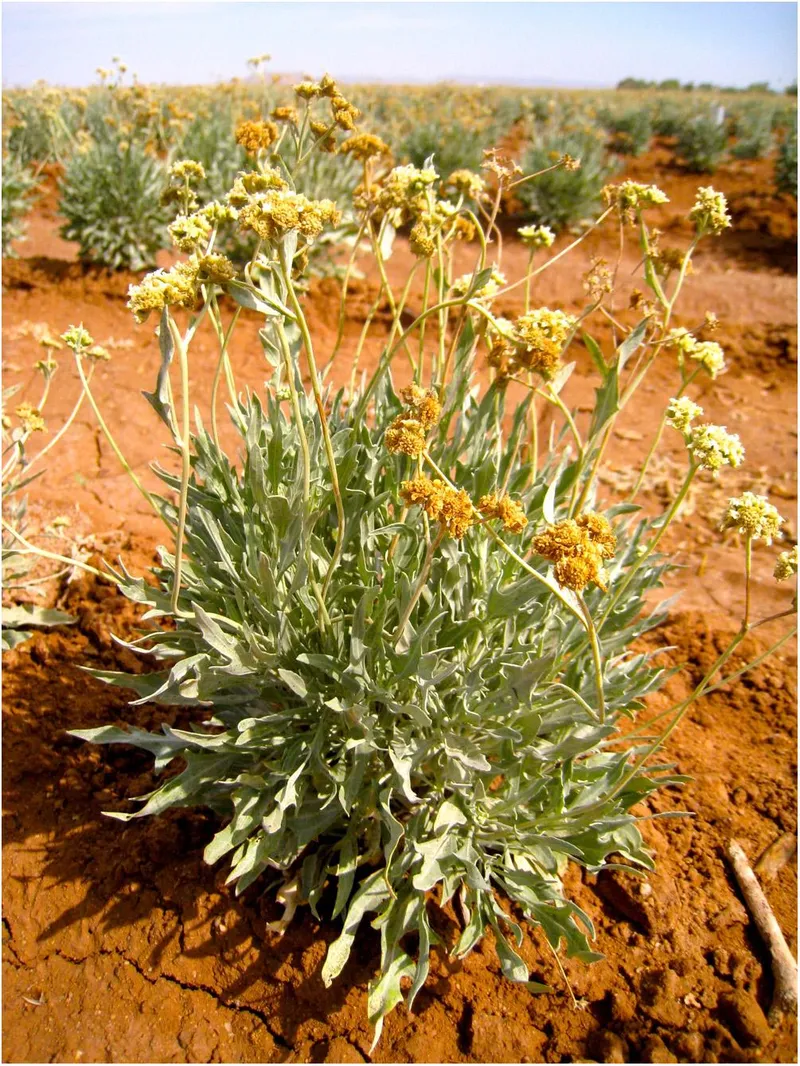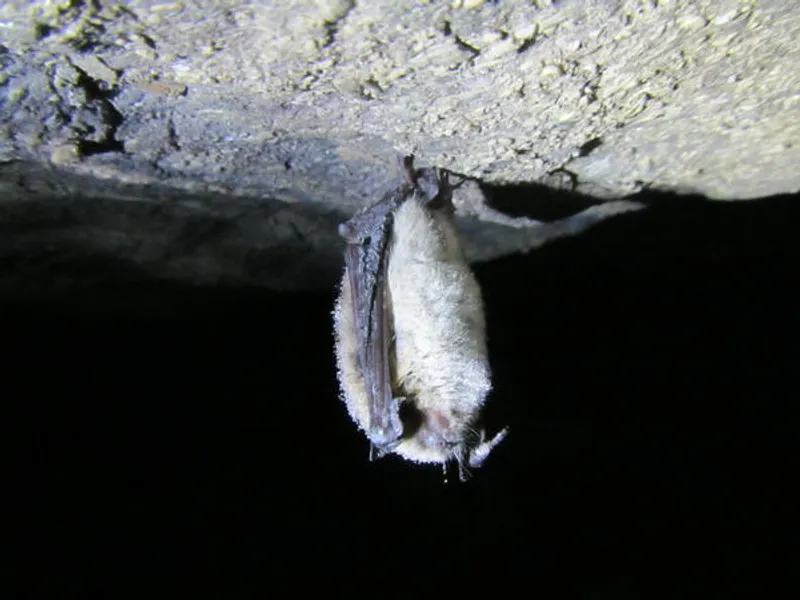Published on MAR 10 2025 by James Smith
African Climate Change Adaptation Strategies: Lessons from Nature and Human Innovation
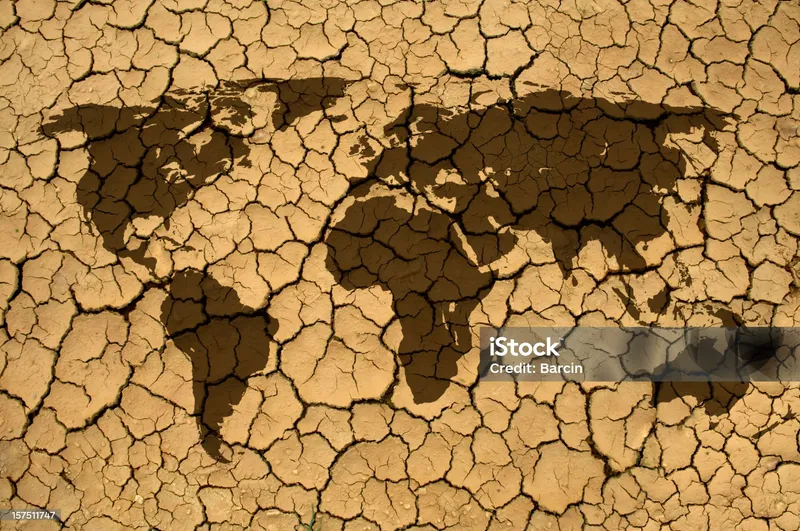
Africa is at the forefront of climate change adaptation, leveraging both natural ecosystems and human ingenuity to address the challenges posed by a changing climate. Across the continent, innovative strategies are being implemented to ensure resilience in agriculture, water management, and infrastructure.
One of the most successful approaches has been the use of traditional water management systems, such as rainwater harvesting and underground cisterns. These methods, combined with modern technologies like solar-powered irrigation systems, have enabled communities to maintain access to water even during prolonged droughts.
In agriculture, African farmers are adopting climate-smart practices such as agroforestry, crop diversification, and the use of drought-resistant crop varieties. These strategies not only improve food security but also enhance soil health and reduce greenhouse gas emissions.
Natural ecosystems also offer valuable lessons for climate adaptation. For example, mangrove forests along Africa’s coasts act as natural barriers against storm surges and flooding, while also providing habitats for marine life. Efforts to restore and protect these ecosystems are proving to be effective in mitigating the impacts of climate change.
Infrastructure resilience is another area where innovation is driving progress. Engineers and urban planners are designing buildings and roads that can withstand extreme weather events, using materials and techniques that are both sustainable and durable. In addition, early warning systems and disaster preparedness programs are helping communities respond more effectively to climate-related emergencies.
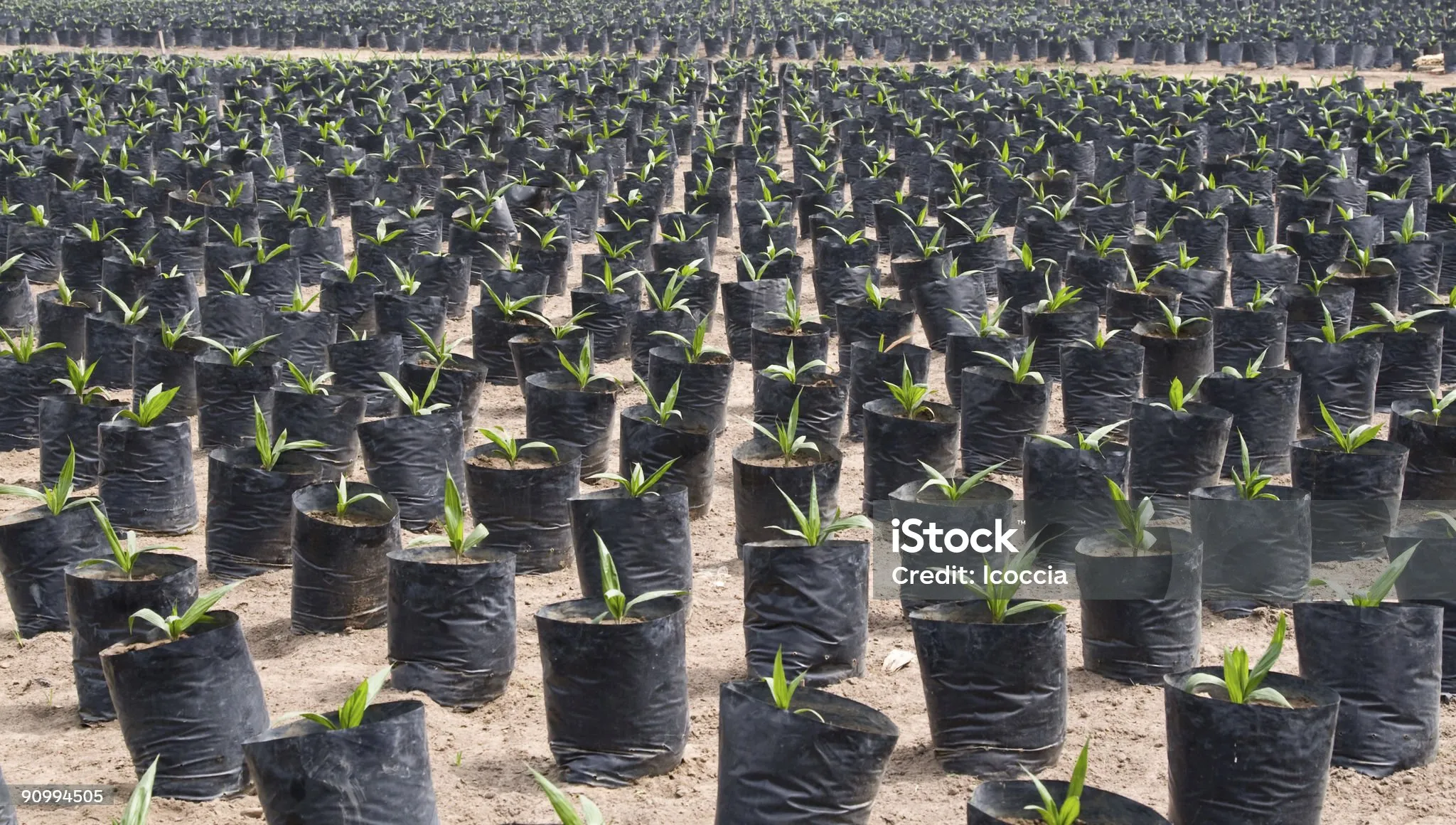
The African Climate Resilience Network (ACRN) is one organization leading the charge in promoting these strategies. Established in 2015, the ACRN brings together experts from across the continent to share knowledge and develop solutions tailored to local contexts. Dr. Kwame Mensah, a climate scientist from Ghana, emphasizes the importance of integrating traditional knowledge with modern science: “Africa has a wealth of indigenous knowledge that can complement scientific approaches to climate adaptation. By combining the two, we can create solutions that are both effective and sustainable.”
As Africa continues to adapt to the challenges of climate change, the continent is setting an example for the rest of the world. The innovative strategies being implemented here demonstrate the power of collaboration between nature and human ingenuity, and highlight the importance of resilience in the face of uncertainty.
Africa’s climate change adaptation strategies offer valuable lessons for the global community. By leveraging traditional knowledge, modern technology, and the resilience of natural ecosystems, African nations are paving the way for a sustainable future. As we look ahead, it is clear that the continent’s efforts will continue to inspire and inform climate adaptation initiatives worldwide.
- Mensah, K., et al. (2023). Integrating Traditional Knowledge and Modern Science for Climate Resilience. African Journal of Climate Studies, 12(3), 245-260.
Written by James Smith
← Home